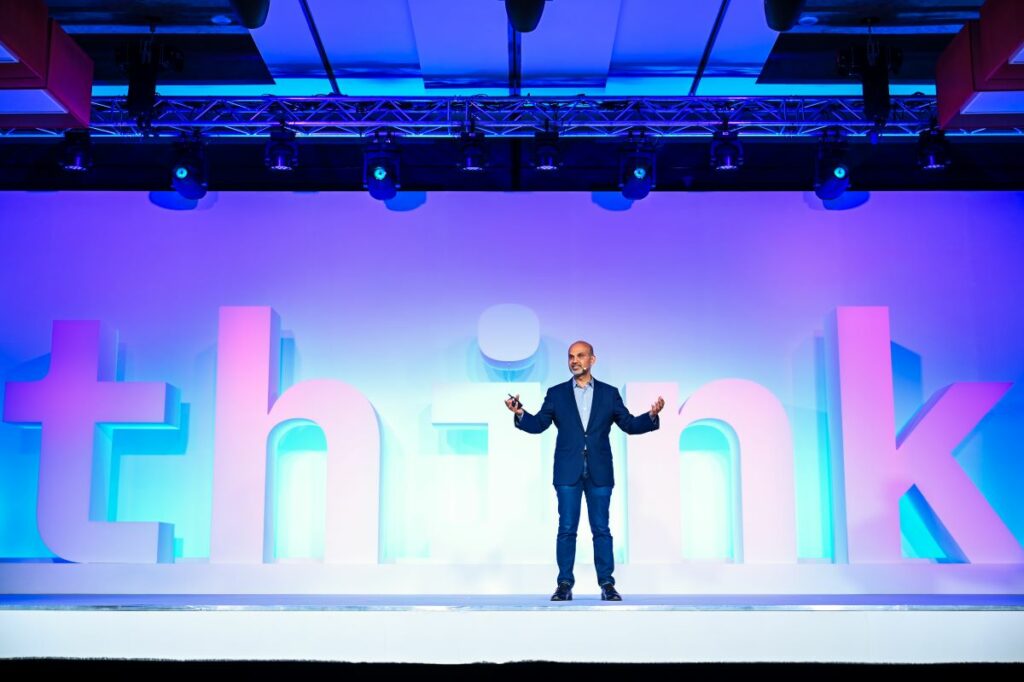SINGAPORE (ANN/PHILIPPINE DAILY INQUIRER) – The message from the recently concluded IBM Think 2024 conference in Singapore was clear: corporate chief executives must begin integrating artificial intelligence (AI) into their operations or risk losing their customer base to more innovative and agile competitors.
While 85 per cent of organisations within the Association of Southeast Asian Nations (ASEAN) recognise AI’s potential to transform their businesses and help them achieve strategic goals, only 17 per cent have implemented a well-defined AI strategy, according to “The AI Readiness Barometer: AI Landscape” study commissioned by IBM. The study highlighted a “significant gap between organisational optimism about AI readiness and the harsher reality.”
One major barrier to widespread AI adoption is uncertainty about its specific benefits and concerns about whether the investment in financial and human resources will yield worthwhile returns. The study, based on insights from 372 technology, data, and business leaders in Singapore, Indonesia, Thailand, Malaysia, and the Philippines, collected data from March to April this year, providing a comprehensive look into the challenges and opportunities of AI adoption in Southeast Asia.
Leveraging AI for business success
Mohamad Ali, Senior Vice President of IBM Consulting, emphasised the importance of taking decisive action during an interview with the Inquirer in Singapore. While there is a risk of reputational damage if an AI strategy is poorly executed, the greater danger lies in staying on the sidelines and allowing competitors to gain a significant advantage.

“If you don’t participate and miss the opportunity, your competitor may achieve what you’re doing today in half the time or cost,” said Ali. “So you have to leverage AI in a truly trusted, governed, and secure way.”
Ali suggested that companies could start small, applying AI to internal processes before expanding its use to customer-facing operations. However, he stressed that doing nothing is not an option. “If they don’t, their competitors will, and they’ll fall behind. Just look around; everyone is heading in this direction,” he added.
The study identified that for 2024 and 2025, the top AI priorities for organisations include identifying business use cases for AI, improving data quality, and upskilling employees to be data-ready. For those already utilising AI, the technology is primarily applied in intelligent document processing, support and helpdesk applications, payment and invoicing automation, content strategy, and recruitment.
Boosting employee productivity with Generative AI
Generative AI—AI capable of generating text, photos, videos, code, and data—is being increasingly applied in human resources, marketing, and information technology to automate tedious tasks and boost employee productivity. For example, IBM’s own AI technology has led to a 40 per cent reduction in HR operating costs, with 94 per cent of company-wide requests managed by its digital assistant, AskHR.
According to IBM, 87 per cent of executives expect AI to augment, rather than replace, job roles. The development of “human-machine partnerships” is seen as key to maximizing the benefits of AI.
In customer service, AI is being used to analyse customer data and predict behavior, allowing companies to personalise their approaches and optimise offers, leading to better customer engagement and improved financial outcomes. For example, financial institutions are using AI to tailor their interactions with customers, offering services in preferred languages and providing customized offers that enhance customer satisfaction and loyalty.
As Ullrich Loeffler, CEO of Ecosystm, which conducted the IBM study, noted, “Tech partners become invaluable allies, helping organisations identify high-potential use cases, choose the right AI tools, and optimise workflows for AI through process reengineering.”
Organisations can effectively unlock AI’s full potential and achieve their business goals through open communication and strategic alignment with tech partners.


